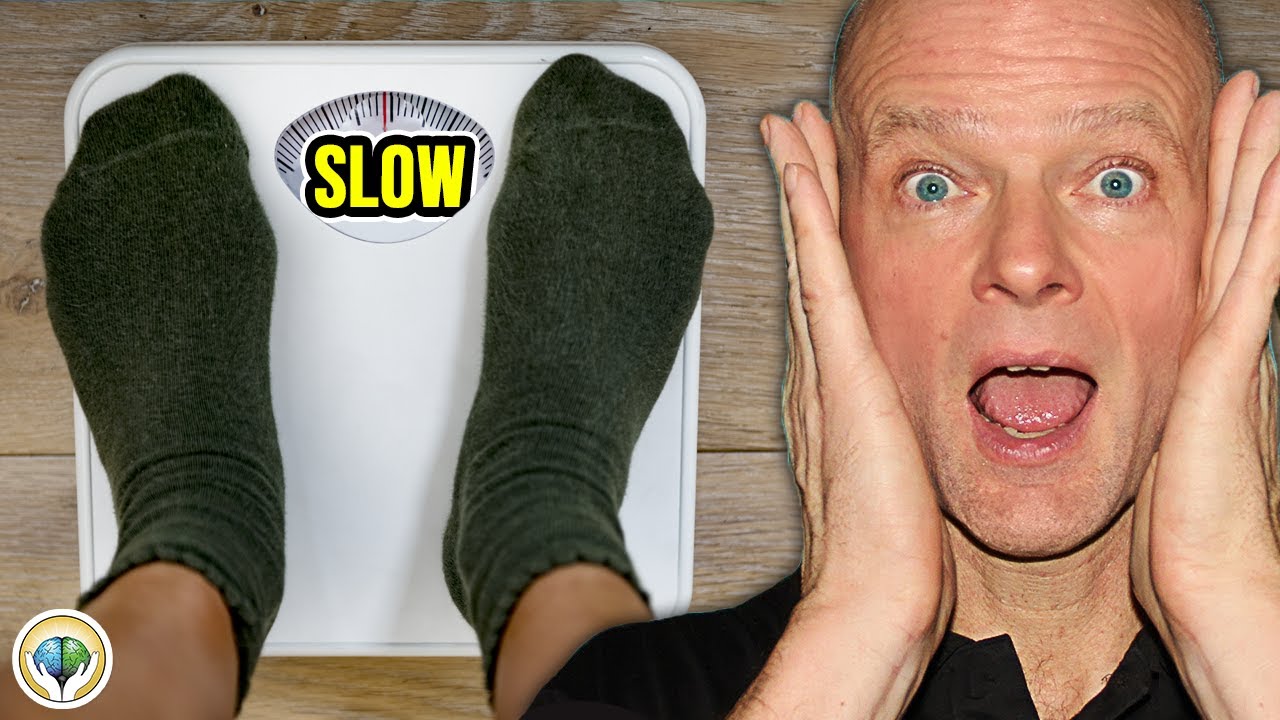Hi everyone!
I am pretty new to this site, but already have some questions.
I don’t compete in figure competitions, but like to keep a bikini competitor physique year round.
I have been lifting for about 5 years now, and love it! About a year ago, I read several interesting articles/ hearing about gaining muscle and increasing calories to increase the overall metabolism. (A lot of this was from MindPump if any of you have heard of them). I decided to give it a try myself. I added in about 600 calories a day to my diet and started to really focus on strength training in the gym (5-6 days of lifting a week). It worked and I actually gained almost no extra weight (Besides muscle). I was also reduced my cardio to walking only for about 8,000 steps a day.
That was all over the summer, and now that I am back in school (I am an engineering major) I find that I don’t have time to workout as much. As a result I have gained about 15lbs, which I would like to lose again. I want to reduce my calories and add in HIIT again since I only have time to lift about 3 times a week. I’m worried about slowing my metabolism down and adjusting to the HIIT so that I will always have to keep doing it.
Does anyone have suggestions about how to add in some extra cardio to stay in shape but avoid my body getting used to it? Do you think simply changing the type of HIIT each week would do the trick? Like sprints one week and body-weight circuits the next? Iv’e heard that if you do too much cardio your body will prioritize that over gaining muscle (Not sure how true that is, or at what point that would begin.)
If I’m currently at 1,800 cal. a day do you think decreasing to 1,600 would be okay for my goal, or is that too little calories? For reference I can fit in about 3 hours of heavy lifting a week, and 1.5 hrs of cardio (HIIT or any other type.) I am 5’7" and about 145lbs although a decent amount is muscle.
Thank you for your opinions on this!
